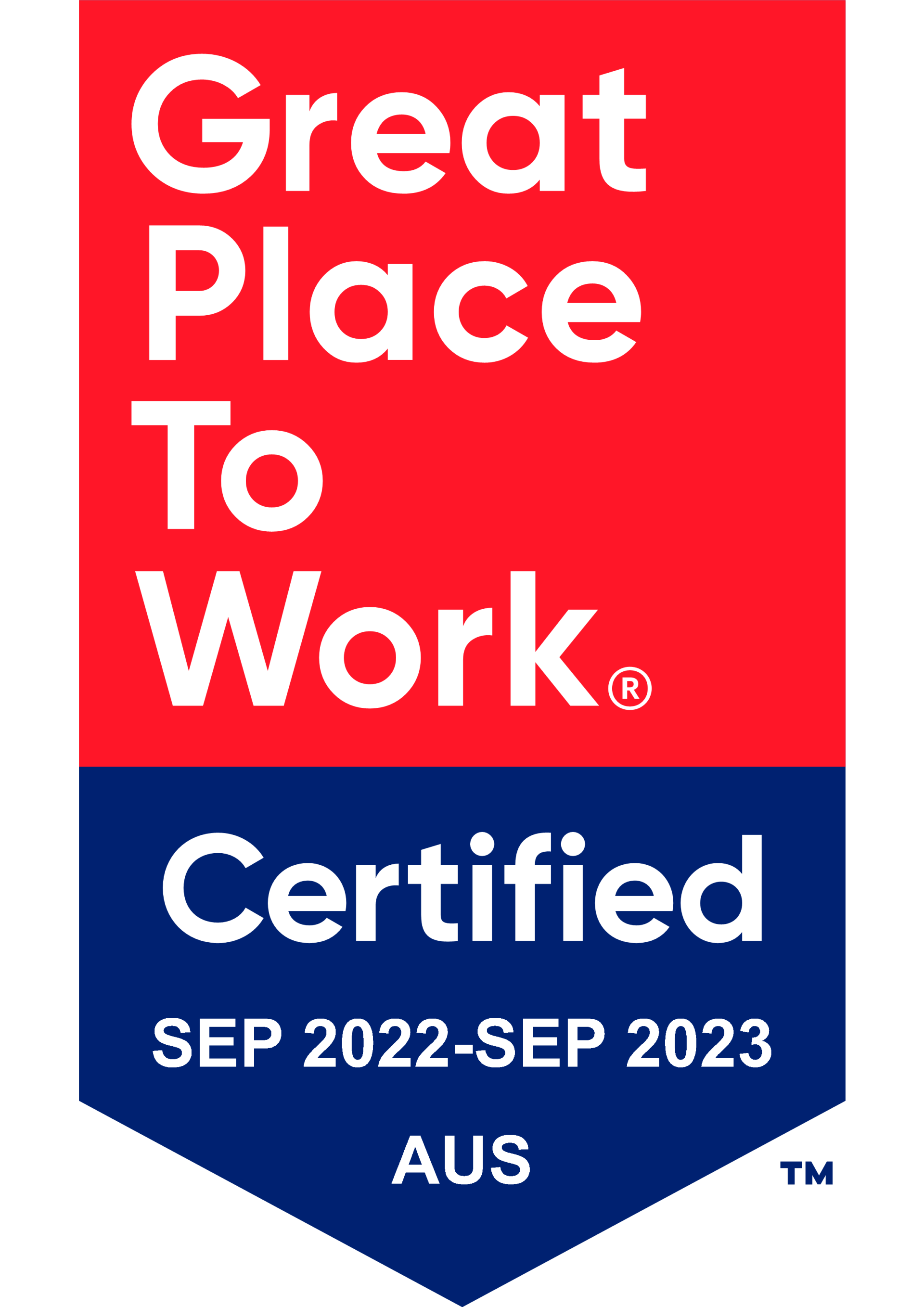3 Tips for Attracting Top Tech Talent
In the fast-paced and ever-changing IT industry, recruiting quality people is essential for driving growth for your organisation through agility and innovation. However, the Tech talent market can be highly competitive and knowing what attracts candidates to an IT job vacancy over another opportunity is often no easy feat.
To keep your organisation ahead of the curve, here are three of our best tips for attracting top talent to apply for your vacancy, allowing you to have your pick of the best IT professionals in the industry.
Provide a Positive and Efficient Recruitment Experience
The interview isn’t the first time candidates will begin forming their opinion of an organisation; in fact, they interact with and develop a perception of your company from the second they apply for the job, so it’s vital to provide a good experience from the beginning.
When it comes to hiring, speed is crucial. Taking too long can make candidates feel their time is being wasted, leading them to either lose interest in the position or accept an offer. To prevent this, analyse your hiring process as a whole and identify areas where it’s overly complicated, where additional communication can be added and any stages where it progresses slowly. From here, aim to reduce the time for applicants to go through the process. For example, with the majority of candidates preferring to apply for jobs online, check your process allows those applying via mobile to access the same information as a desktop applicant would.
It’s important to maintain good communication with candidates throughout the entire process by answering questions promptly, following up in a timely fashion and ensuring they know the next steps to take. Even when delivering bad news, make an effort to thank them for their interest and provide constructive feedback, this ensures they leave with a good impression of your business.
With a high volume of applications to handle, providing a good recruitments process experience for IT candidates can be difficult; this is where a specialist Tech & Digital recruitment agency can help; serving as the go-between and point of contact throughout every stage of the process, minimising the time for both sides.
Create a Value Proposition
Whether it’s in the job ad, on social media or during correspondence, take every opportunity to highlight what’s in it for the candidate should they accept the role. Sell the position and the organisation – after all, they’re assessing your company as much as you’re assessing them. What sets you apart from other IT companies or competitors? What training or development is on offer? Do you provide special bonuses or flexible work arrangements? Emphasise where the company can help to meet a candidate’s personal and career goals, as well as the benefits of your culture.
In the Tech industry, many candidates are attracted to businesses that are on the cutting edge or have access to the latest IT innovations. To catch the eye of the best talent, be sure to highlight what tools and software they’ll get to work with, as well as any opportunities to contribute to technological advancement or the future of the organisation.
A word of warning, however – be careful not to exaggerate the company or benefits, as this is sure to be found out later down the track.
Utilise Brand Ambassadors
When it comes to what attracts candidates to a company, there is nothing as valuable for marketing the business as a great place to work as the testimony of someone with first-hand experience. Current employees are the most valuable ambassadors you can ask for, and even past employees can contribute to building a positive reputation.
Gauging a company’s culture used to be difficult to do from the outside, but with the rise of social media, google reviews and websites such as Glassdoor and LinkedIn, it’s become easier than ever to gain insight into what it’s like to work somewhere (for better or worse). This is where past and current employees come in handy. Encouraging people in your organisation to spread the word wherever they can by leaving positive reviews on these sites (or even through in-person discussions where possible), can have a significant impact when candidates do their research.
In addition, look for other ways to spread the word about your business, such as by using Facebook or LinkedIn to showcase internal events, employee achievements and other topics that will get people talking and feeling positive about the organisation.
Summary
When we think about how to attract employees to your next IT job opening, the most important thing to remember is the candidate’s experience matters and can ultimately lead to securing best-in-class talent. To make the hiring process easier and more effective, talk to us; we’re here for all of your IT and Digital recruitment needs.
With offices across Sydney, Melbourne and Brisbane, PRA understands the local IT job market in Australia. Get in touch to learn how we can help to shape the way candidates see and interact with your business, allowing you to secure the skilled Tech talent you need to deliver on your business objectives.









